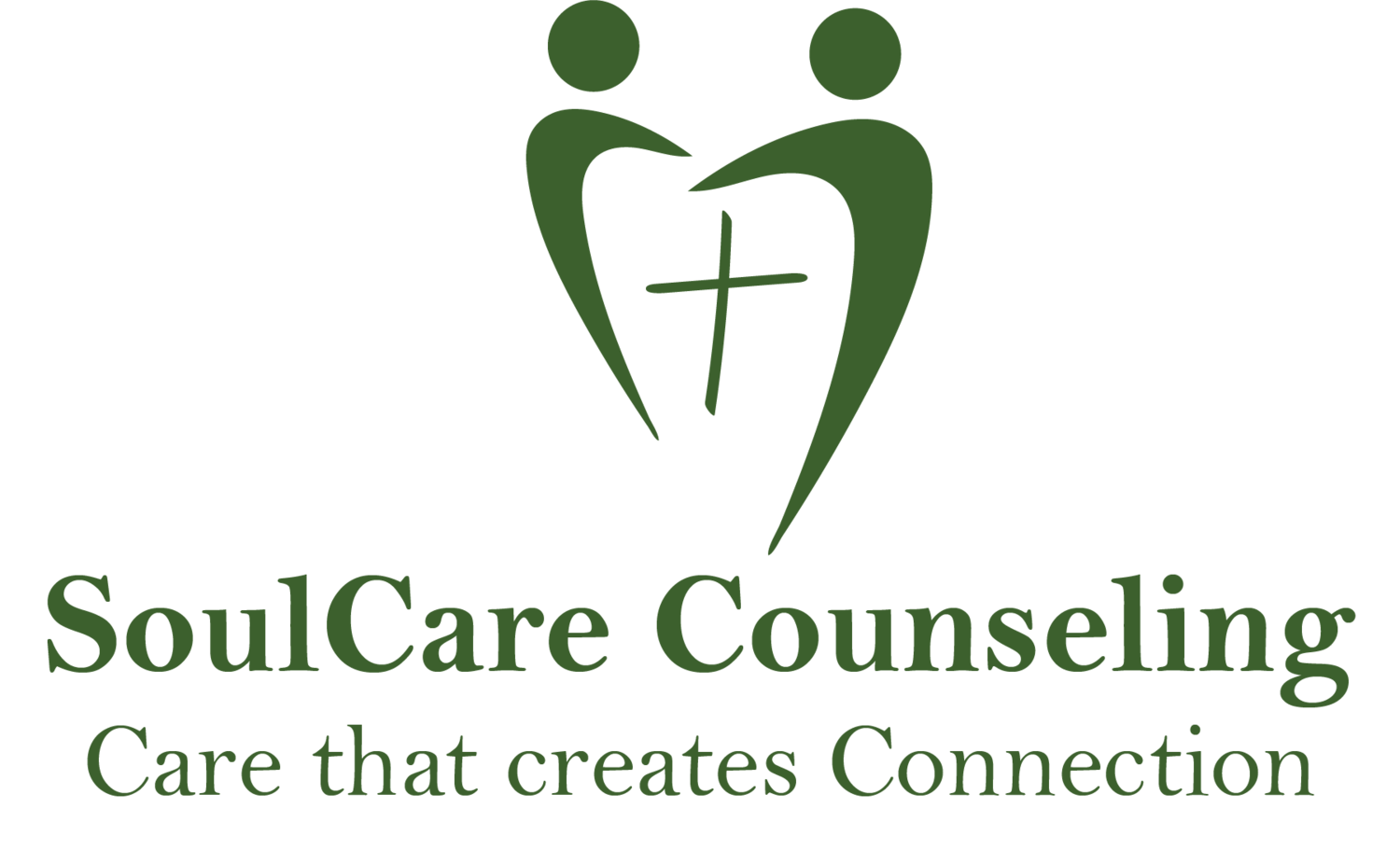Do You Have Grief And Anxiety?
A few years ago, there was an article in the Washington Post titled, “Why Anxiety Should Be Added To The 5 Stages Of Grief.” The classic five stages of grief are denial, isolation, anger, bargaining, depression, and acceptance. Some argue that there are 7 stages, some that there are 12, some that there are no stages but it’s more of a chaotic mingling of all of these things. Regardless, I would agree with the author of the article that people who suffer a loss do experience anxiety as part of the experience of grief. Anxiety is a normal response to the loss of a loved one, but one that should not be ignored if it persists or intensifies.
Grief And Anxiety Begins With The Experience Of Grief
Grief and anxiety is the right order. What is called “complicated grief and anxiety,” which we’ll get to in a minute, starts with the experience of grief. I almost said, “symptoms of grief.” But grief is not an illness with symptoms. Grief is more of an experience with feelings and emotions. Some of the emotions and effects of experiencing grief are:
Anxiety
Grief and anxiety tend to exist pretty much side-by-side. If you start feeling anxious after the loss of a loved one, know that this is common with grief. Things like panic attacks, hypochondria, and a general sense of pervasive dread are not unusual.
Anger
You’ve heard the saying, “Life isn’t fair,” but death can be even more unfair, especially if it is a premature death. When someone is taken at a young age, we experience anger at what we feel is the unfairness of it. And if the death was the result of an avoidable accident or medical condition, or worse, a crime, the loss may, likewise, elicit deep feelings of anger.
Despair
Feelings of hopelessness can overwhelm a person in the face of the reality of our mortality that comes with the death of someone close. For Christians with a belief in eternal life in heaven, this is not as much of a problem as it is for those without a hope beyond the grave.
Helplessness/Apathy
Compared to the immensity of a loved one’s death, everything else in the routine of daily life, even current events in the news, can seem unimportant. There may also be feelings of helplessness such as, “Death is coming and nothing can stop it, so what’s the use?”
Loneliness
During a time of mourning, people often isolate themselves and consequently feel alone, that no one understands or cares for what they are going through. This is not true, but it is how people in grief often feel.
Fatigue
Grief saps a person’s emotional energy, which is physically and spiritually draining. As a result, often grieving people sleep more than usual and feel a general fatigue while awake.
Grief And Anxiety: The Symptoms Of Anxiety
When you have grief and anxiety, the anxiety is more than regular stress or worry. It expresses itself in many ways, some of which are:
Over-worrying
Everyone worries to some degree, but anxiety causes a person to worry excessively. One might lie awake going over and over every interaction of the day, or playing out scenarios about the future and the fear of what might happen.
Difficulty Focusing
Sometimes instead of worrying and over-focusing on one issue, anxiety can cause racing thoughts where it’s hard to concentrate. Thoughts are all over the map.
Tension
Often people with anxiety experience it in their bodies. They unconsciously clench or grind their teeth, wring their hands, shake their leg, tap their feet, or tighten their muscles.
Difficulty sleeping
Anxiety makes it hard to quite the mind at night and go to sleep. Often people find themselves unable to stay asleep and wake often in the night.
Irritability
People who struggle with anxiety are easily set off by well-meaning comments that they take the wrong way or by minor inconveniences of life.
Do You Have Complicated Grief And Anxiety?
Grief is painful but it is normal. In fact, when we lose a loved one, we need to grieve. The absence of grieving is a cause for concern. But so is grief that persists for an exceptionally long time and grief that becomes crippling. In these cases, a person might have what is called “Complicated Grief Disorder.”
If you can grieve and, in time, accept the loss and move on with your new reality, that is considered normal grief. While there is no set time for this process, grief has probably moved from “normal” to “complicated” when a person is still significantly struggling years after the loss. At that point, it is time to seek a therapist for help.
As I already said, grief and anxiety exist side-by-side. Anxiety is a common part of grief. But if you are struggling with Complicated Grief Disorder, it is highly likely that you are experiencing anxiety as well. It is also possible that if your grief is diminishing but your anxiety is not, you may have an anxiety disorder that needs attention. If you aren’t sure, it’s a good idea to see a therapist to find out.
If you need help to process your grief, or if you are struggling with anxiety related to the loss of your loved one, at SoulCare Counseling we stand ready to help. I encourage you to read more about anxiety treatment, and then reach out to us for a free, no-obligation thirty-minute consultation to get you started on the road to healing.
Risper Ngumba is a Licensed Professional Counselor - Associate under the supervision of Dr. Bernis Riley, LPC-S and Certified EFT Therapist. She holds a Master’s Degree in Marriage and Family Therapy.




